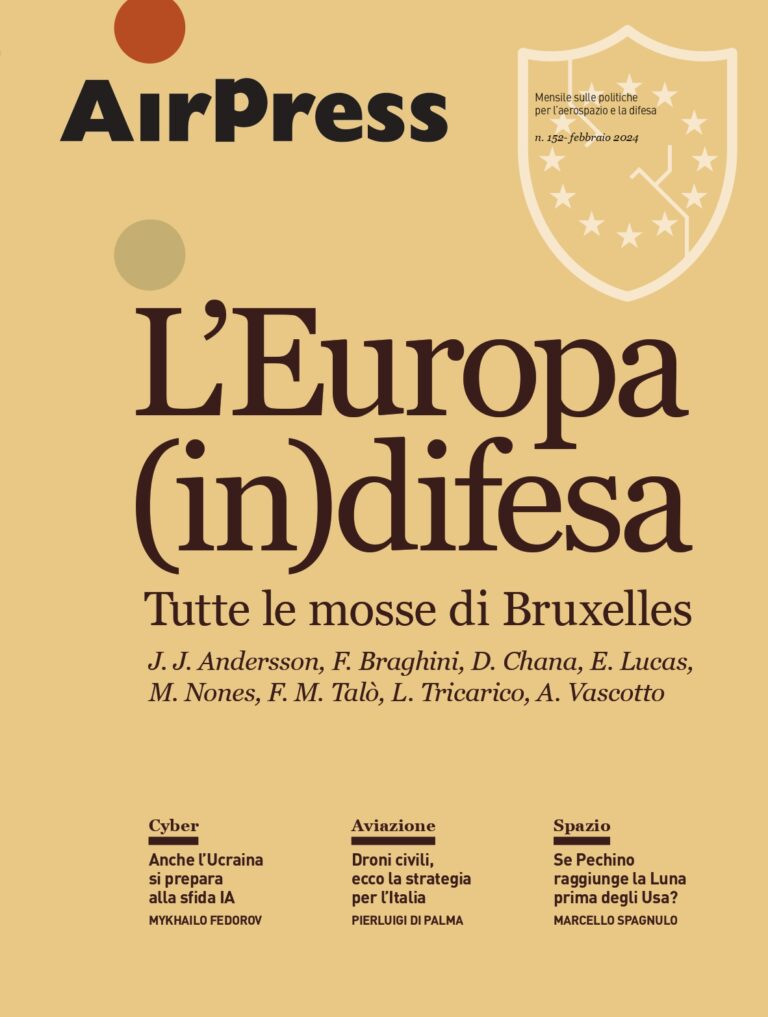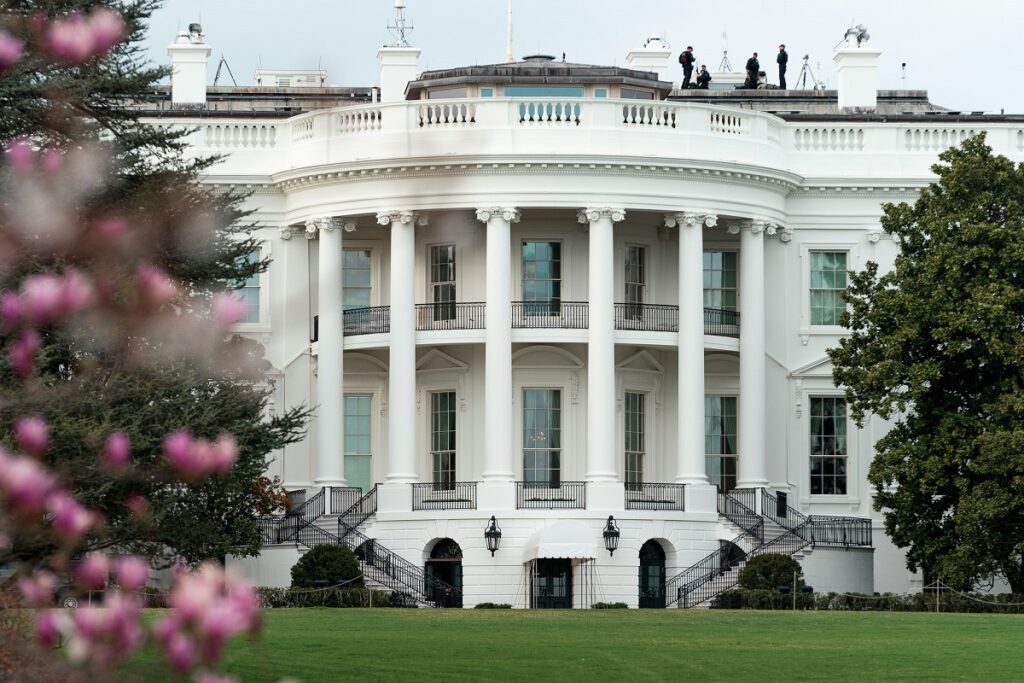Joe Biden and Kamala Harris are forming the National Security Council at the White House. Europe will have its own division, to be headed by Amanda Sloat, Brookings expert and careful observer of the Old Continent. We endeavor to explain who she is and what she’ll do, together with Brian Katulis (Center for American Progress) and Giovanna De Maio (Brookings)
From words to deeds. The new American administration, led by Joe Biden and Kamala Harris, is demonstrating a special attention towards the Old Continent. A clear signal arrived from the last round of nominations, announced by President-elect Biden, a few hours from the assault of Trump supporters at Capitol Hill.
The list sets out the new members of the National Security Council, the beating heart of US foreign policy within the White House. The body, founded by Harry Truman in 1947, is tasked with advising the president on national security matters.
There’s news on that front. The old Bureau of European and Eurasian Affairs has been split into two departments, one concerned with Europe, the other with Russia and Central Asia. This substantial novelty will allow American security analysts to focus separately, and more thoroughly, on European affairs and the Russian dossier. Sure enough, most of the resources of the late single structure were diverted towards Moscow’s activities.
President-elect Biden and his National Security Counsellor Jake Sullivan have chosen Amanda Sloat to lead the European department. She is a young expert hailing from the Brookings Institution, one of the biggest and most authoritative American think tanks led by retired general John Allen. Ms Sloat boasts a considerable experience in the star-spangled diplomatic world; her CV features a stint at the State Department and another at this very same National Security Council, in the Middle East, North Africa, and Gulf Region department.
The choice of Ms Sloat as leader of the new department has commanded the attention of insiders and onlookers. She is held among the foremost experts on the Eastern Mediterranean area, and especially Cyprus and Turkey. “[H]er appointment could signal that the Biden administration won’t relent on criticisms of the Turkish government,” writes Foreign Policy.
However, Ms Sloat is also a leading expert on Europe, with an excellent knowledge of the German political system. Her Brookings fellowship was supported by the Robert Bosch Stiftung (a German foundation), and she herself is used to dealing with Germany, as demonstrated by her recent report on the Green Party and its evolution “from its radical origins in the 1980s to become an appealing moderate force with increasing electoral success.” Therefore, the electoral year that just began in Berlin will be monitored closely.
Ms Sloat also co-signed a paper on transatlantic relations, which describes Vladimir Putin’s Russia as an “authoritarian power relying on KGB-style methods of coercion and control.” This paper was co-authored by other members of President-elect Biden’s inner circle, such as Victoria Nuland, the next Under Secretary of State for Political Affairs, and Anthony Gardner, former American ambassador to the EU.
“Formerly counsellor to the former Democratic candidate Pete Buttigieg, who is now Transport Secretary, Amanda is an expression of that faction of American Democrats who are projected towards the restoration of alliances, those who want to reconcile America, tormented by internal divisions as it is now, and project its values in foreign policy,” explained Giovanna De Maio, non-resident Fellow at Brookings Institution, where she has long been a colleague of Ms Sloat. “Her pro-Europe position – more specifically, pro-European Union – will lead her to be an advisor that’s focused on restructuring alliances, alert and receptive to issues of European strategic autonomy, ready to dialogue on global challenges such as cyber, China, and emerging technologies.”
The role entrusted to Ms Sloat is far from marginal – suffice it to think back at her predecessors. Before Andrew Peek, the current Director of the Bureau, that seat was occupied by one Fiona Hill, the thinking mind behind the Eurasian strategy of the Trump administration and unwilling main character in the Trump-Ukraine scandal (read Formiche.net’s recent interview of Ms Hill).
Unlike Ms Hill, Ms Sloat will steer a bureau that is wholly focused on Europe. “It would be unwise to overinterpret bureaucratic and technocratic moves like these, or to read a lot into staff appointments,” said Brian Katulis, Senior Fellow of the Center for American Progress in Washington D.C., to Formiche.net. “What matters more is the strategy, whether the United States has a clear one in mind when it comes to transatlantic relations, and whether America has the time and bandwidth needed to implement a major shift.”
Therefore, President-elect Biden’s and Counsellor Sullivan’s nomination is destined to have a considerable influence. “I’m hopeful that better days are coming and that the Biden administration will be steadier and more professional than the current administration in its stewardship of foreign policy,” said Mr Katulis.







